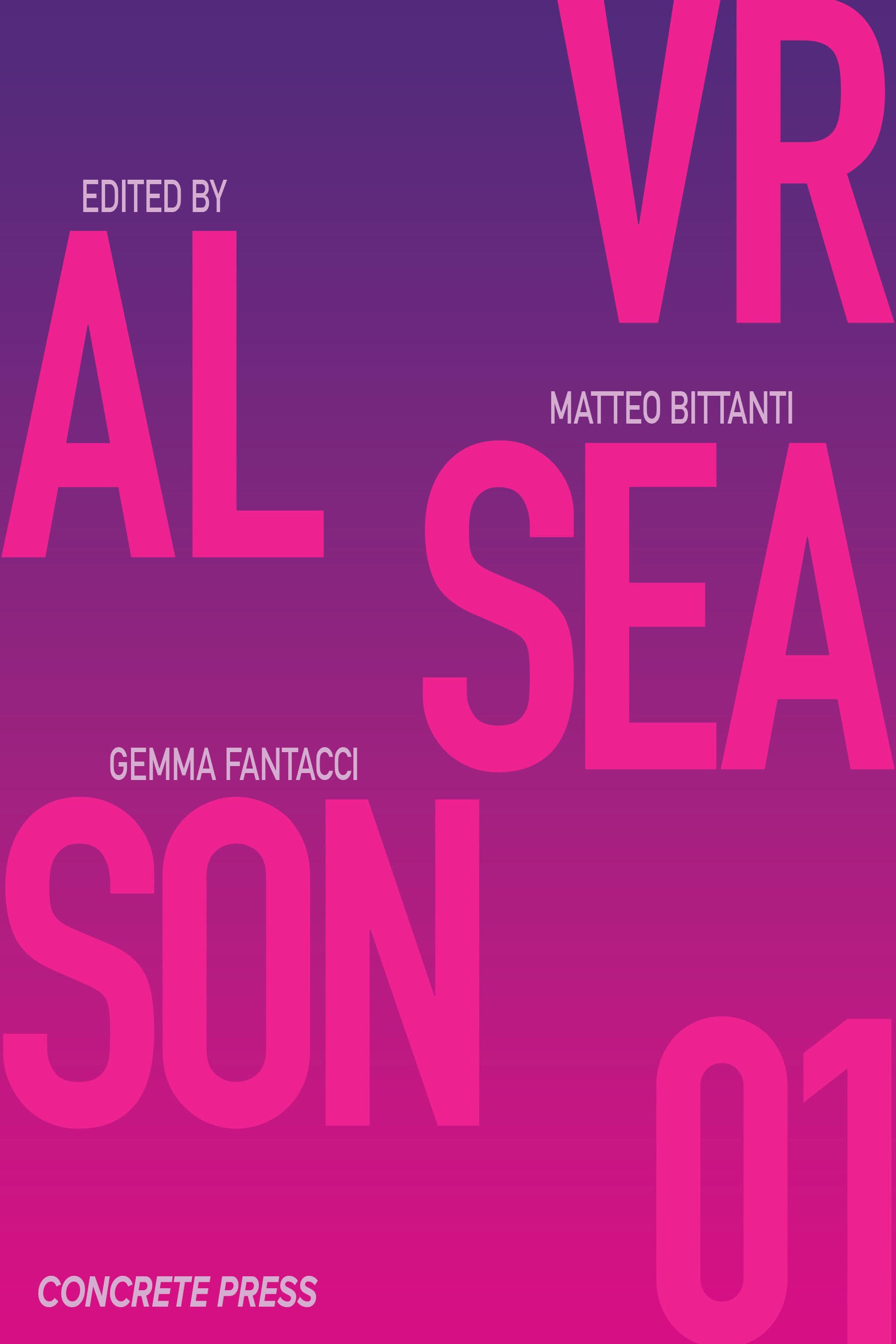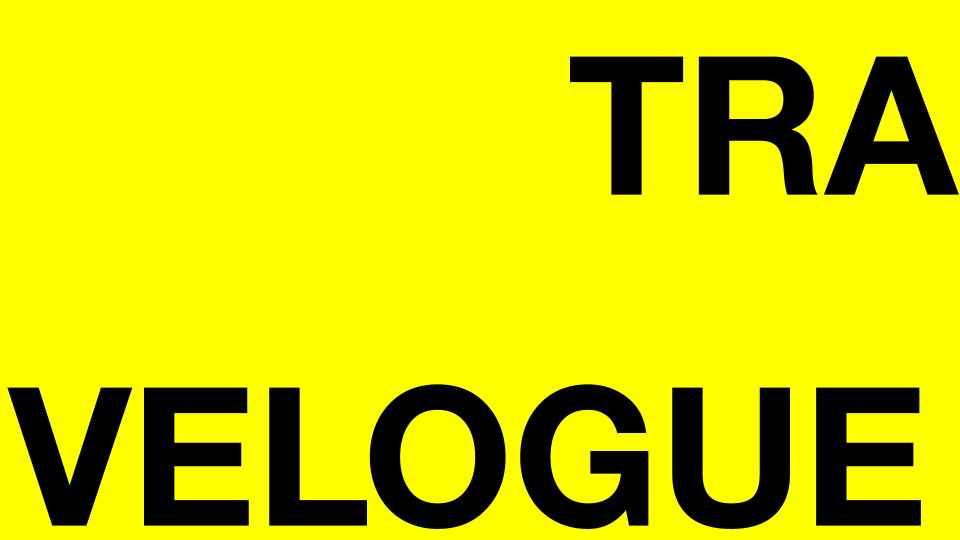Edited by Matteo Bittanti, Gemma Fantacci, Luca Miranda, Riccardo Retez
Release date: August 2 2023 (S), August 5 2023 (Rest of the world)
Series: GAME VIDEO/ART STUDIES
Features: Softcover, 332 pages, 186 color illustrations
Format: 6×9 inches, 15×23 cm
Language: English
ISBN: 9798854159364
Price: $/€ 22,99
Introduced in April 2020 amidst a global pandemic, VRAL is an online platform offering screenings of machinima created by artists and filmmakers whose work lies at the intersection of video art, cinema, animation, and gaming. The program features outstanding video works selected on the basis of their cultural relevance, artistic achievement, and innovative style. This book collects all Season Three interviews (i.e., exhibitions 44 to 64) Featured artists: Felix Klee, Elisa Sanchez, Jason Rouse, Sebastian Schmieg, Letta Shtohryn, Federica Di Pietrantonio, Iain Douglas and Mark Coverdale, Zuza Banasińka, Gina Hara, Babak Ahteshamipour, Martina Menegon, Christian Wright, Alix Desaubliaux, Steven Cottingham, Kamilia Kard, Jordy Veenstra, Thomas Hawranke, Lasse Scherfigg, Calum Rodger, Jake Couri, Søren Thilo Funder, and Simonetta Fadda.
Both a critical and creative laboratory, GAME VIDEO/ART. STUDIES promotes open dialogue, constructive debate, and sometimes idiosyncratic investigations of ideas, practices, and artefacts that – by their very nature – occupy different layers of today’s visual culture. Using a comparative rather than specialized approach, GAME VIDEO/ART. STUDIES probes the most diverse visual experiences inspired by digital gaming and gives voice to a new generation of researchers as well as established scholars.
NOW AVAILABLE ON/ORA DISPONIBILE SU
AMAZON US, AMAZON ITALIA, AMAZON UK, AMAZON DE, AMAZON FR
LINK: VRAL S03










